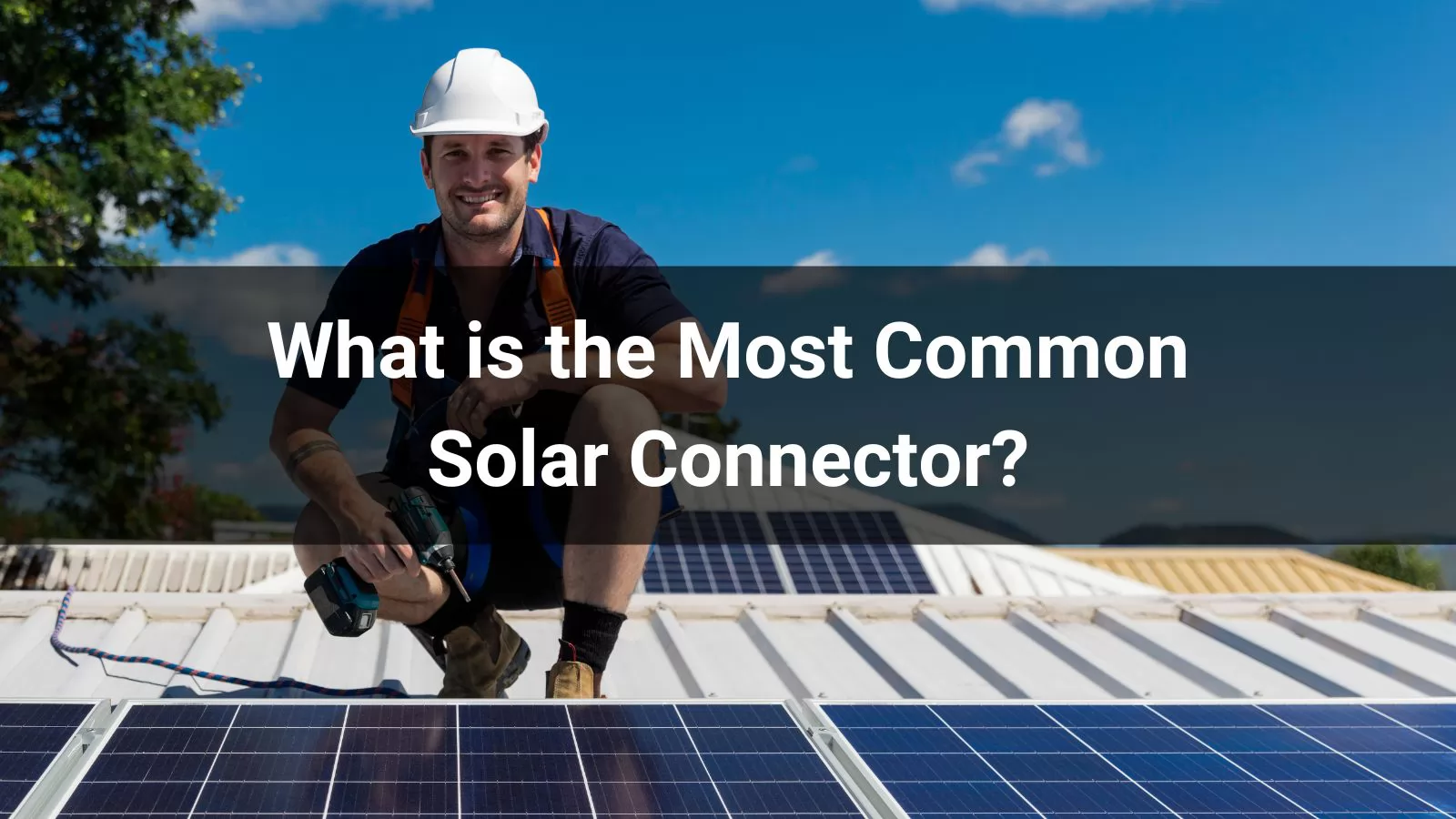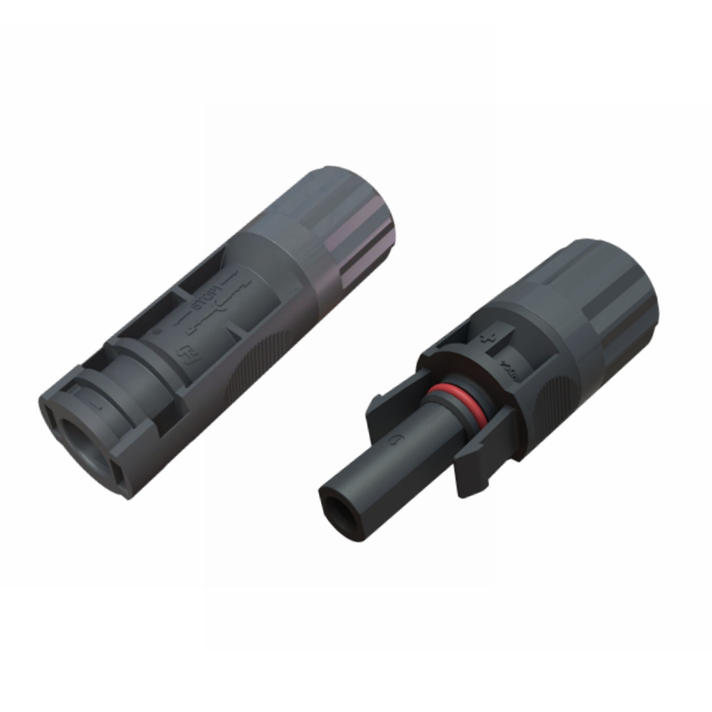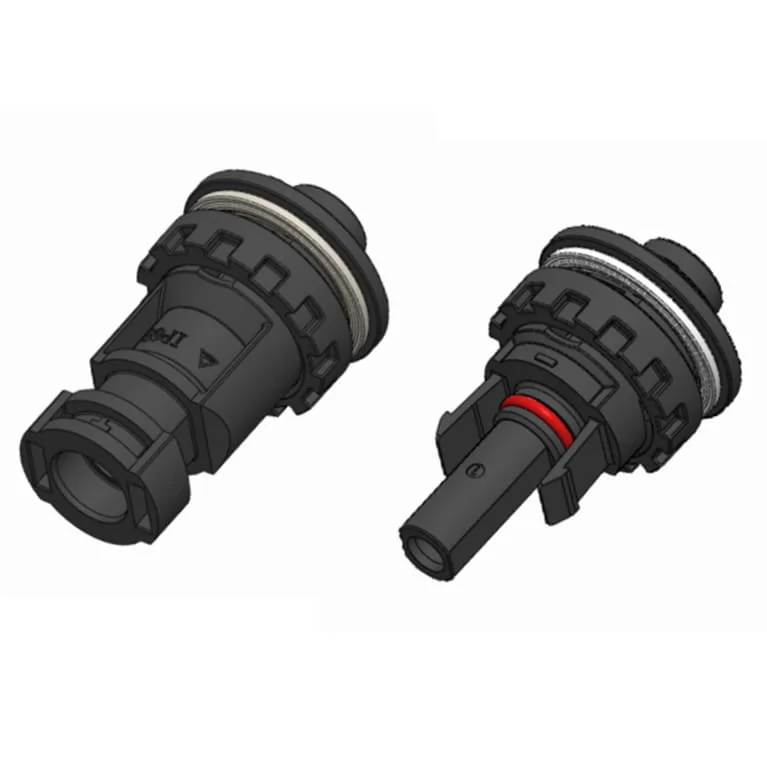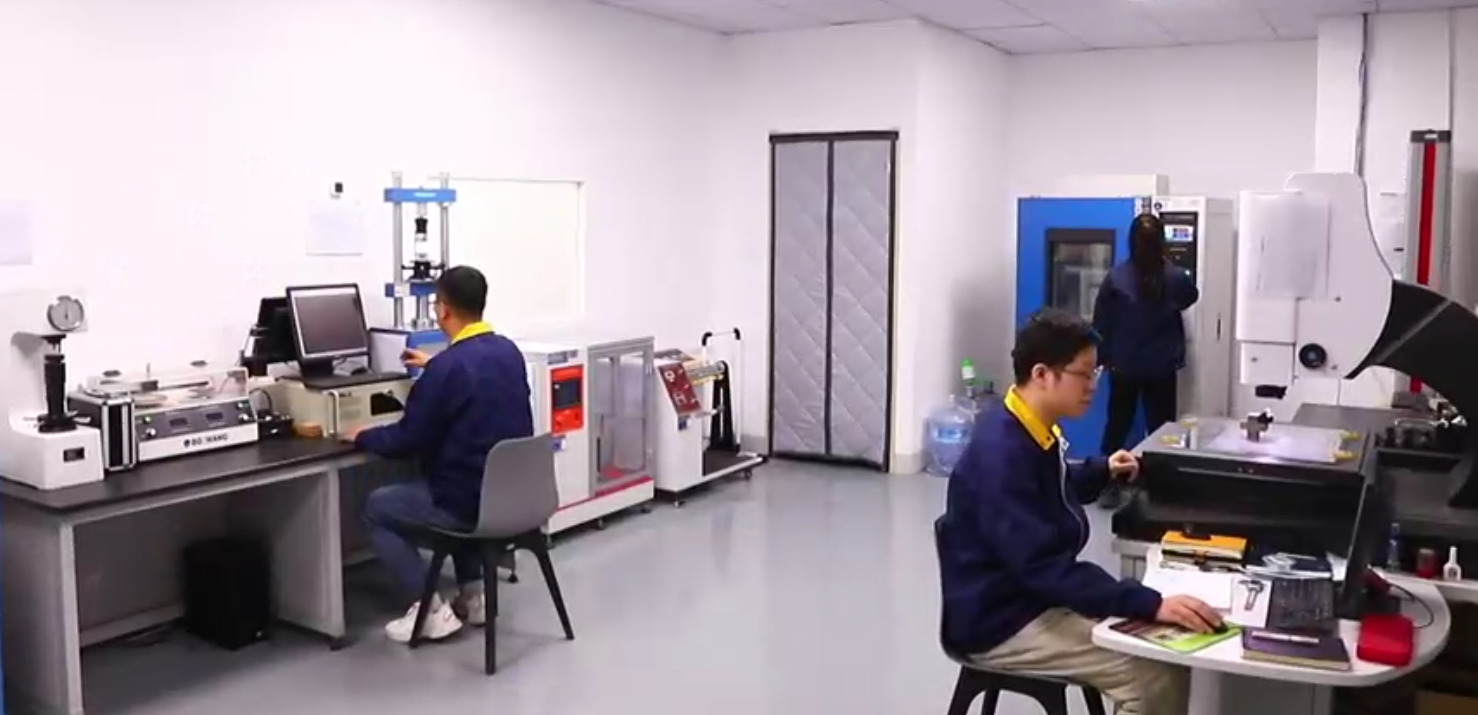
When it comes to solar energy systems, there's a lot of focus on the big components like solar panels and inverters. However, behind the scenes, it's the smaller components, like solar connectors, that make everything work seamlessly. Think of them as the “unsung heroes” of solar installations. Without the right connectors, your solar system wouldn't be able to function properly, or worse, it could face major performance issues down the line.
In this article, we’re going to discuss the most common solar connector and dive deep into the different types of solar connectors available in the market. Whether you're a solar installer, a project manager, or someone interested in the industry, understanding the importance of these connectors can save you a lot of headaches in the future. Let's begin by exploring the various types of solar connectors and why choosing the right one is crucial for a successful solar setup.
Types of Solar Connectors
Solar connectors serve as the critical link between solar panels, inverters, and the rest of the energy system. Without connectors, it would be impossible to safely and efficiently transfer the electricity generated by the solar panels. Now, while there are many different types of solar connectors, not all are created equal, and some have become the go-to option in the industry.
Before we dive into the specifics of the most common solar connector, let’s first take a look at the general categories of solar connectors available today:
1. MC4 Connectors
These are, by far, the most widely used solar connectors. You'll often find MC4 connectors in residential, commercial, and even industrial solar systems. They're known for their durability, ease of use, and high compatibility with most modern solar panels.
2. MC3 Connectors
MC3 connectors were once popular but have largely been replaced by their MC4 counterparts. They’re not as weatherproof or safe, which is why most modern systems have shifted away from them.
3. T4 Connectors
These are fairly similar to MC4 connectors but are typically used with a specific brand of solar panels. While they offer good performance, they’re not as universal as the MC4.
4. H4 Connectors
Another alternative that offers excellent performance in harsh environments, H4 connectors are often used in commercial or large-scale solar farms where reliability and durability are a priority.
5. Tyco Solarlok Connectors
Although not as common as MC4 connectors, Tyco Solarlok connectors are known for their easy installation and reliable performance. They're often used in industrial applications.
Now that we've covered the various types of solar connectors, it’s time to focus on the industry standard and the most common solar connector used today: the MC4 connector.
The MC4 Connector: The Industry Standard
If you’ve spent any time around solar installations, you’ve undoubtedly heard of the MC4 connector. Standing for "Multi-Contact, 4mm diameter pin," the MC4 connector has become the gold standard for solar connections worldwide. Why? Simply put, they’re the most reliable and versatile connector out there.
Let’s break down why MC4 connectors are considered the go-to solution for solar systems:
1. Universal Compatibility
One of the main reasons MC4 connectors are so popular is because they are compatible with almost all solar panels. Regardless of the panel manufacturer, you’ll likely find an MC4 connector attached, making it easy to mix and match components from different brands without worrying about incompatibility issues.
2. Weatherproofing and Durability
Solar panels are exposed to the elements 24/7. Rain, dust, wind, and extreme temperatures can wreak havoc on electrical components. The MC4 connector is designed to withstand all of this. Its IP68 waterproof rating ensures that no moisture gets inside, while the UV-resistant materials used in its construction prevent degradation from long-term sun exposure. Whether you’re installing a system in a scorching desert or a rainy coastal area, MC4 connectors have got you covered.
3. Easy Installation
The simplicity of installing MC4 connectors is another reason they’ve become the most common solar connector. These connectors are tool-free, meaning you don’t need any special equipment to install or remove them. This not only saves time but also reduces the possibility of mistakes during installation.
4. Secure Connections
When dealing with electrical systems, safety is always a top priority. MC4 connectors provide snap-in locking mechanisms, which ensure that the connection is secure and stable. This reduces the chances of accidental disconnections, ensuring your solar system operates smoothly and safely.
5. High Voltage and Current Handling
MC4 connectors are built to handle the high currents and voltages that are typical in solar installations. Most standard MC4 connectors can handle up to 1,000 volts and 30 amps, making them suitable for everything from small residential setups to large commercial installations.
As a leading solar connectors manufacturer, there are the feature products of MC4 connectors:
PV Solar Male Female Cable Connector

Technical Data
|
Rated Voltage |
1500V DC |
|
Rated Impulse Voltage |
16KV |
|
Wet Insulation Resistance |
≥500MΩ |
|
Contact Resistance |
≤0.25mΩ |
|
Overvoltage category/Pollution degree |
CAT III/2 |
|
Safety class |
II |
Suitable wiring 2.5mm²(30A), 4mm²(41A)and 6mm²(55A) premium quality and can be compatible with other main models of solar connectors in the world.
PV Panel Mount Positive Negative Connector
Technical Data
|
Rated Voltage |
1500V DC |
|
Rated Impulse Voltage |
16KV |
|
Rated Current |
55A |
|
Wet Insulation Resistance |
≥500MΩ |
|
Contact Resistance |
≤0.3mΩ |
Handa HD PV Panel Mount Positive Negative Connector is the 2nd upgrade version of Handa HD HDC4 panel mount PV Solar connectors, updated the size from M12 to M20 and mounted nut from rear mounting to easier front screw for more convenient on-site installation.
Advantages of MC4 Connectors
At this point, it’s clear that MC4 connectors dominate the solar industry for good reasons. But let’s dive deeper into some of the specific advantages that make them the top choice for solar professionals:
When it comes to solar installations, safety is paramount. MC4 connectors are designed with safety in mind. Their snap-in lock prevents accidental disconnections, which can lead to system malfunctions or even electrical fires. Additionally, the MC4's design reduces the risk of electric shock during installation, as the pins are enclosed and well-protected.
Even though MC4 connectors are highly durable and weatherproof, they are surprisingly cost-effective. Their ease of installation also means that labor costs are reduced, making them an affordable option for large-scale installations.
Solar technology continues to evolve, but the MC4 connector has stood the test of time. With its universal compatibility and high-performance specifications, it’s safe to say that MC4 connectors will remain a cornerstone of solar installations for years to come. Investing in MC4 connectors today means your system will likely be compatible with future components, saving you from having to upgrade connectors down the line.
4. High Current-Carrying Capacity
As mentioned earlier, MC4 connectors can handle high currents of up to 30 amps. This is particularly important for larger solar systems, where higher currents are common. The ability of MC4 connectors to manage these currents without overheating makes them ideal for both small and large systems.
Common Alternatives to MC4 Connectors
Although MC4 connectors are the most common and widely used, there are a few alternatives worth mentioning. These alternatives are sometimes chosen for specific situations or unique system requirements:
1. MC3 Connectors
The predecessor to the MC4, MC3 connectors are still in use today but are becoming less common. The main reason is that they don’t offer the same waterproofing and safety features as MC4 connectors. They lack the snap-locking mechanism that makes MC4 connectors so reliable, which is why they are being phased out in favor of more modern solutions.
2. H4 Connectors
Similar to MC4, H4 connectors are also a popular option in large-scale installations. They have a higher current rating and are slightly larger, making them more suited for utility-scale solar farms where large amounts of electricity are being transferred.
3. T4 Connectors
T4 connectors are primarily used with certain brands of solar panels, making them a less universal option than MC4 connectors. However, they are similar in design and performance, providing good reliability and weatherproofing.
4. Tyco Solarlok Connectors
While not as common, Tyco Solarlok connectors are occasionally used in industrial solar systems. Their main selling point is the ease of installation, with a design that reduces the time and effort needed to connect solar panels.
Conclusion
When it comes to solar installations, the connectors you choose might seem like a small detail, but they play a critical role in the overall performance and longevity of your system. Among the different types of solar connectors available, the MC4 connector stands out as the most common and widely used option. With its universal compatibility, weatherproof design, and ease of use, it’s no wonder that solar professionals across the globe have made MC4 connectors their top choice.
Whether you're working on a residential setup or a large commercial project, choosing the right solar connectors can make all the difference. And when in doubt, MC4 connectors are a safe bet for reliability, durability, and long-term performance.
As a solar connector manufacturer, we know the importance of quality components in ensuring the success of your solar energy system. So, next time you’re planning an installation, make sure to prioritize your connectors – they might just be the key to your system’s success.
.png)

.png)


.png)
.png)
.png)
.png)






